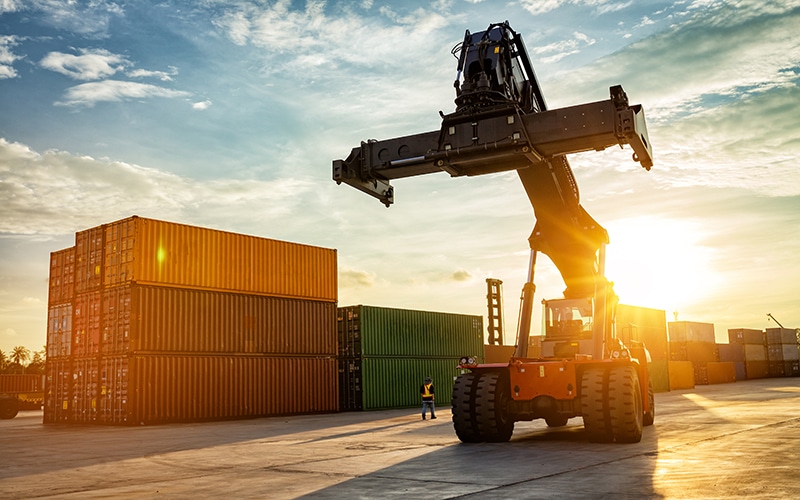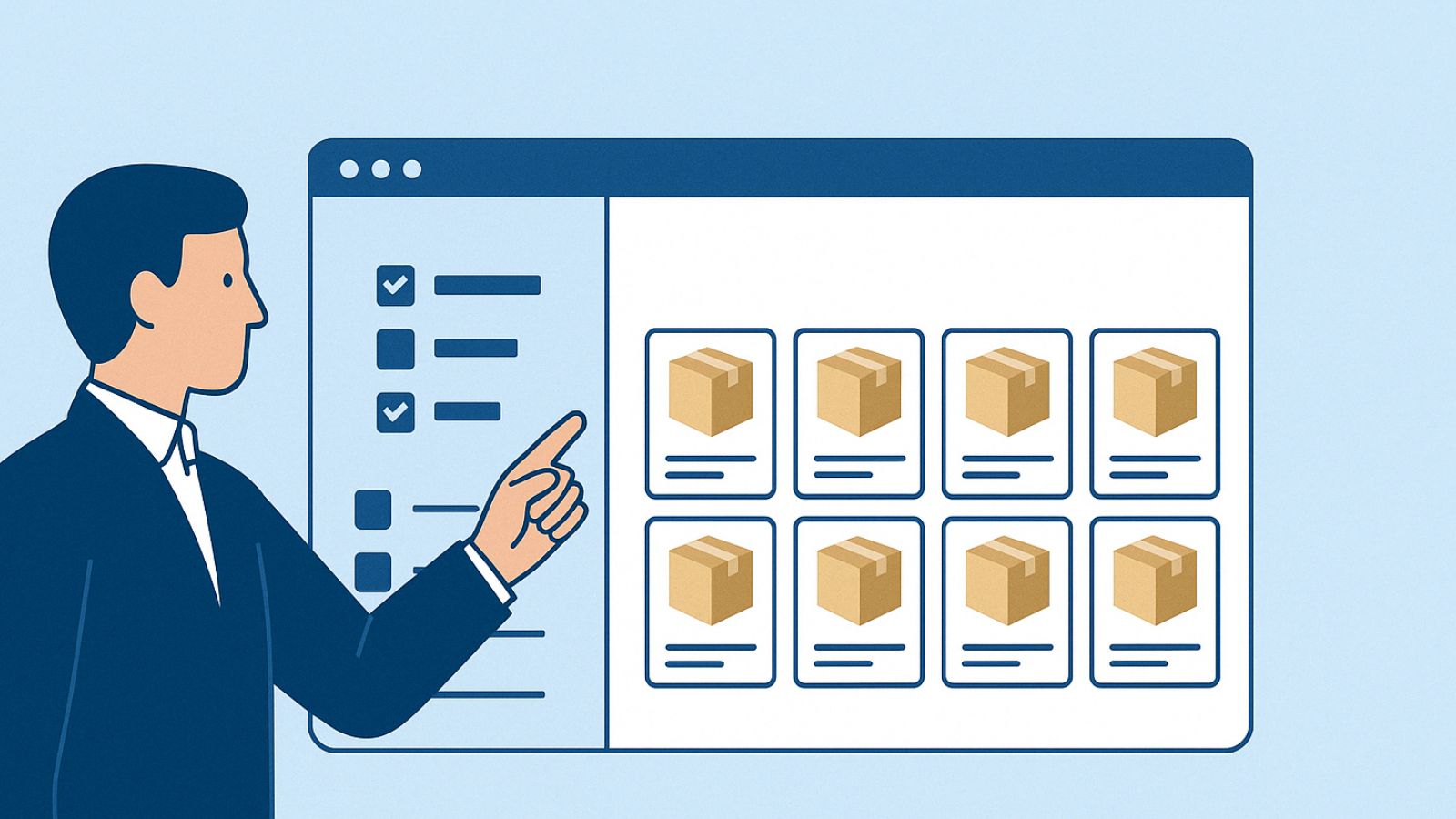A recent survey conducted by PROS reveals Australian manufacturers say reshoring by 2023 is likely and that investment in digital selling is imperative for long-term success, but most businesses are underprepared.
The study’s key findings revealed that one in two manufacturers (55%) intend to bring operations back to Australia within the next three years. And 78% of survey respondents believe Australia has the technology, people and economy to support the industry boom, particularly in Western Australia, the Northern Territory and South Australia who look set to lead the charge.
The survey also indicated that the vast majority of respondents believed they were underprepared to compete in a digital economy and needed to fast-track eCommerce channels to overcome competition from imports and online sources.
Most respondents of the Australian Manufacturing Outlook survey said it was the market volatility caused by the COVID pandemic that led to them reshoring their operations.
The rise to reshore has been driven by the need to future-proof critical supply chains in the face of market change and disruption, to minimise risk and protect jobs in key industries. This is coupled with the Australian Government’s support through the Modern Manufacturing five-year plan and strong consumer preference (89%) towards our nation producing more products, according to research conducted by Roy Morgan.
The confidence in the Australian economy is growing though, with more companies indicating they intended to bring manufacturing operations back to Australia with 22% of respondents saying they’ve already brought their operations back and nearly half of companies’ overall manufacturing capacity returning to Australia by 2023.
Western Australia, Northern Territory and South Australia are poised to lead the nation’s charge with a focus on creating local jobs and growing priority sectors such as lithium batteries, defence and space, and capitalising on their respective geographic advantages.
However, manufacturers are underprepared to compete in a digital economy, with 82% saying they’re still in the planning stages or are yet to implement eCommerce channels.
“The economic recovery is well underway, but Australian manufacturers must equip themselves with eCommerce and dynamic pricing capabilities, otherwise we risk not only stalling the economic growth already achieved but missing the right moment in history to reclaim our manufacturing heritage,” says Haley Glasgow, APAC Head of Strategic Consulting and Alliances at PROS.
PROS Holdings provides AI-powered solutions that optimise selling in the digital economy, making it possible for companies to price, configure and sell their products and services in an omnichannel environment.
“Australia is incredibly well-placed to leverage smart technologies like artificial intelligence and digital selling channels to overcome the competition challenges from imports and online sources. But to reinvent themselves, the investment must be made by the government, industry and companies themselves,” she adds.
“Accelerating the sales process with AI-powered insights can also deliver prescriptive guidance on product recommendations, identify cross-sell and up-sell opportunities and proactively mitigate churn risk. This investment can improve the buying experience, order accuracy and accelerate business growth as the economy recovers.”
Prior to the pandemic, multinational glass manufacturer Saint-Gobain had a traditional approach to purchasing and selling, completing only 10% of its orders online. Now, more than 80% of orders are conducted through AI-powered digital selling platforms, demonstrating the growing appetite from manufacturing buyers to purchase through digital channels.
“In the emerging digital selling landscape, customers are looking for a frictionless buying experience, with immediate responses about pricing and delivery,” said Jean Phillippe Bitouzet, Supply Chain and Business Model Director at Saint-Gobain.
The Australian Manufacturing Outlook survey was conducted by independent market research firm OnePoll in December 2020. The research sample consisted of 500 senior employees in the manufacturing sector across Australia.









